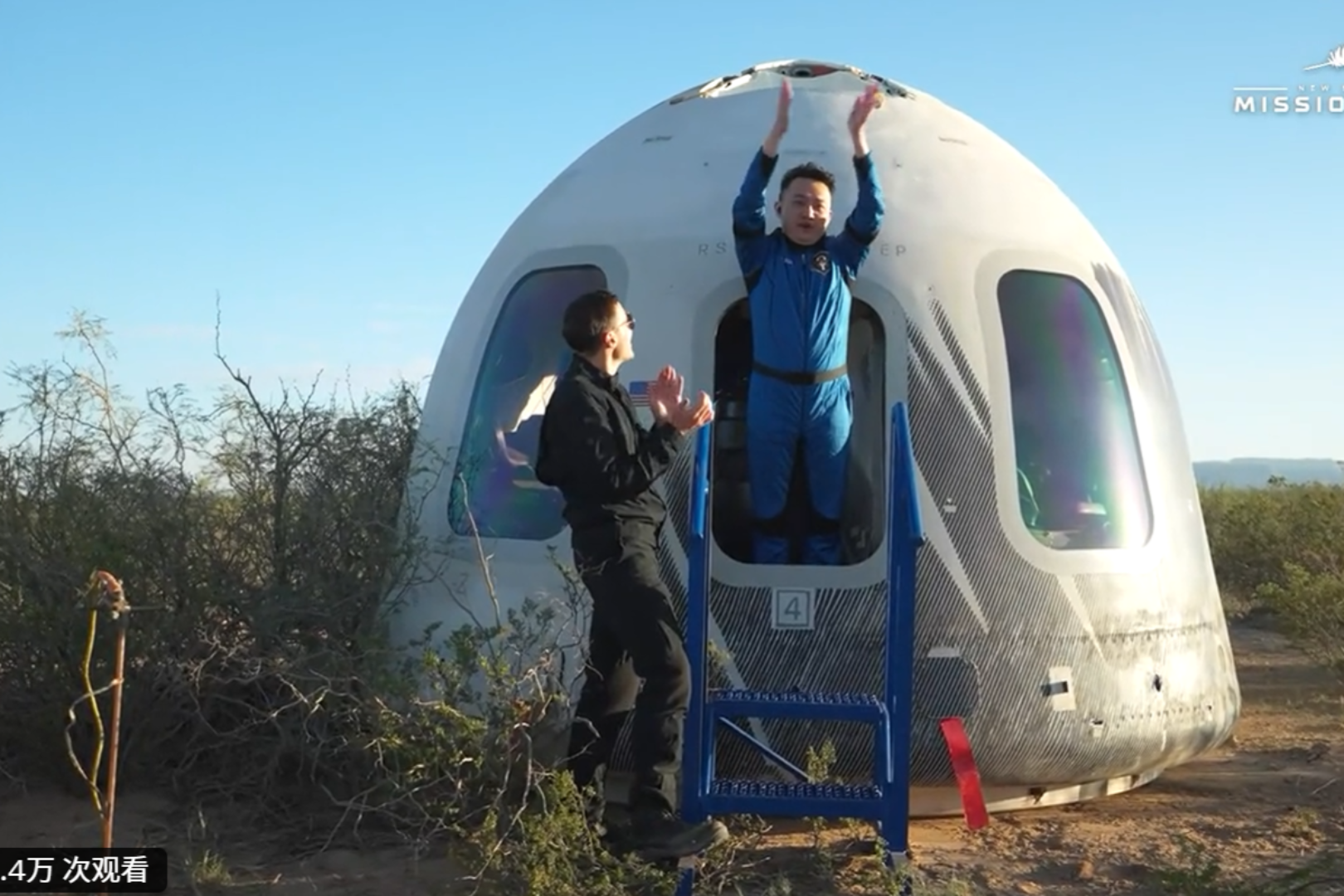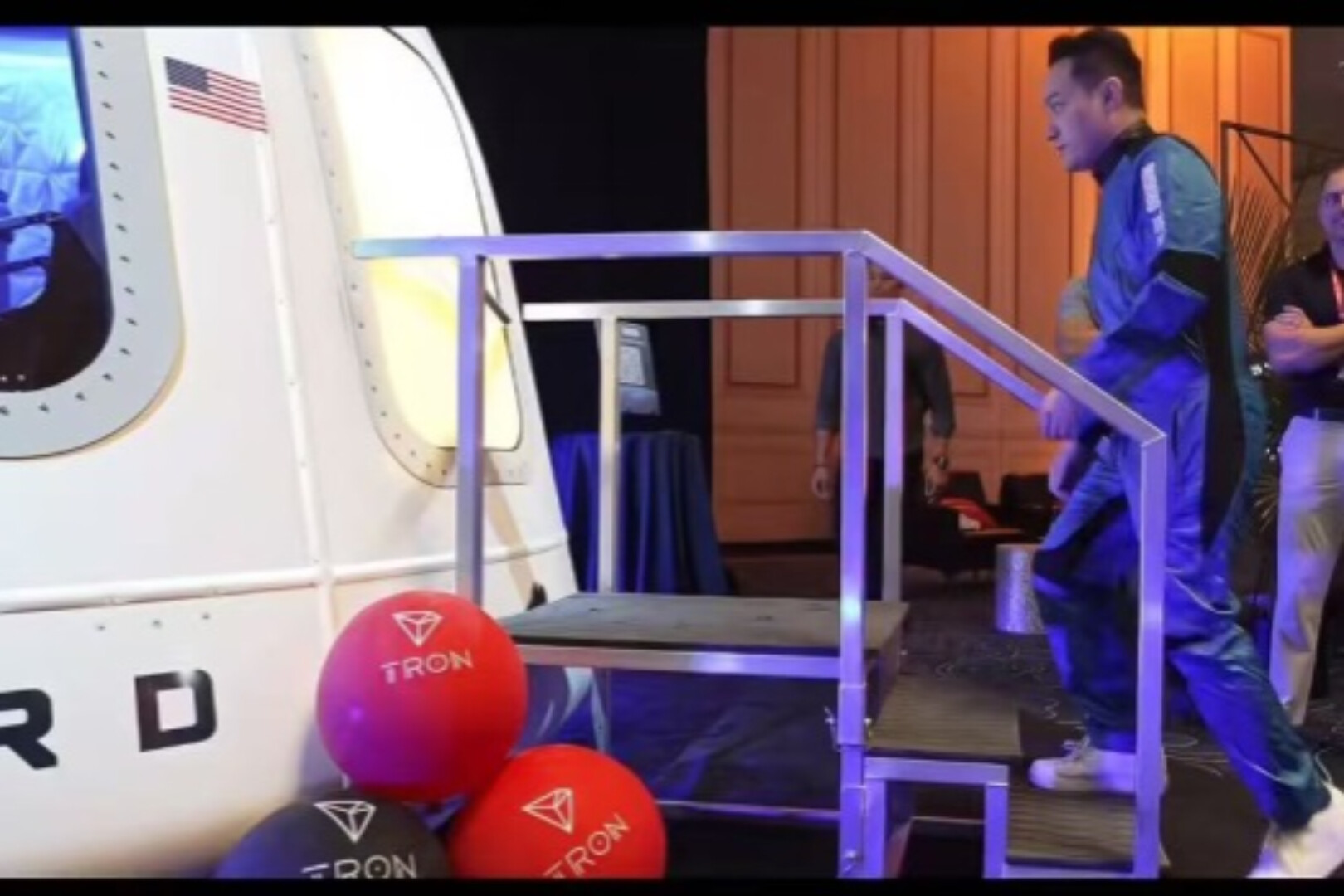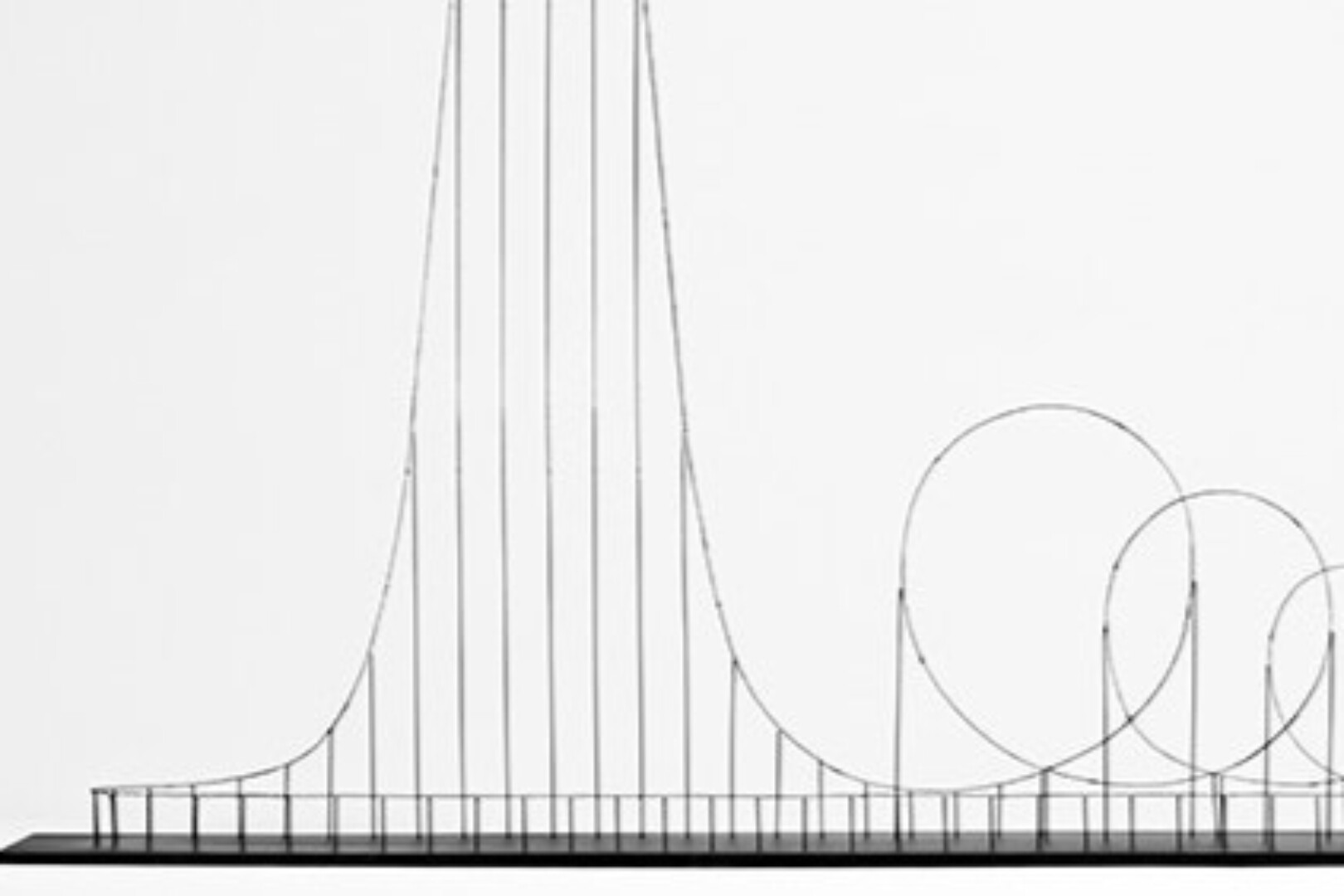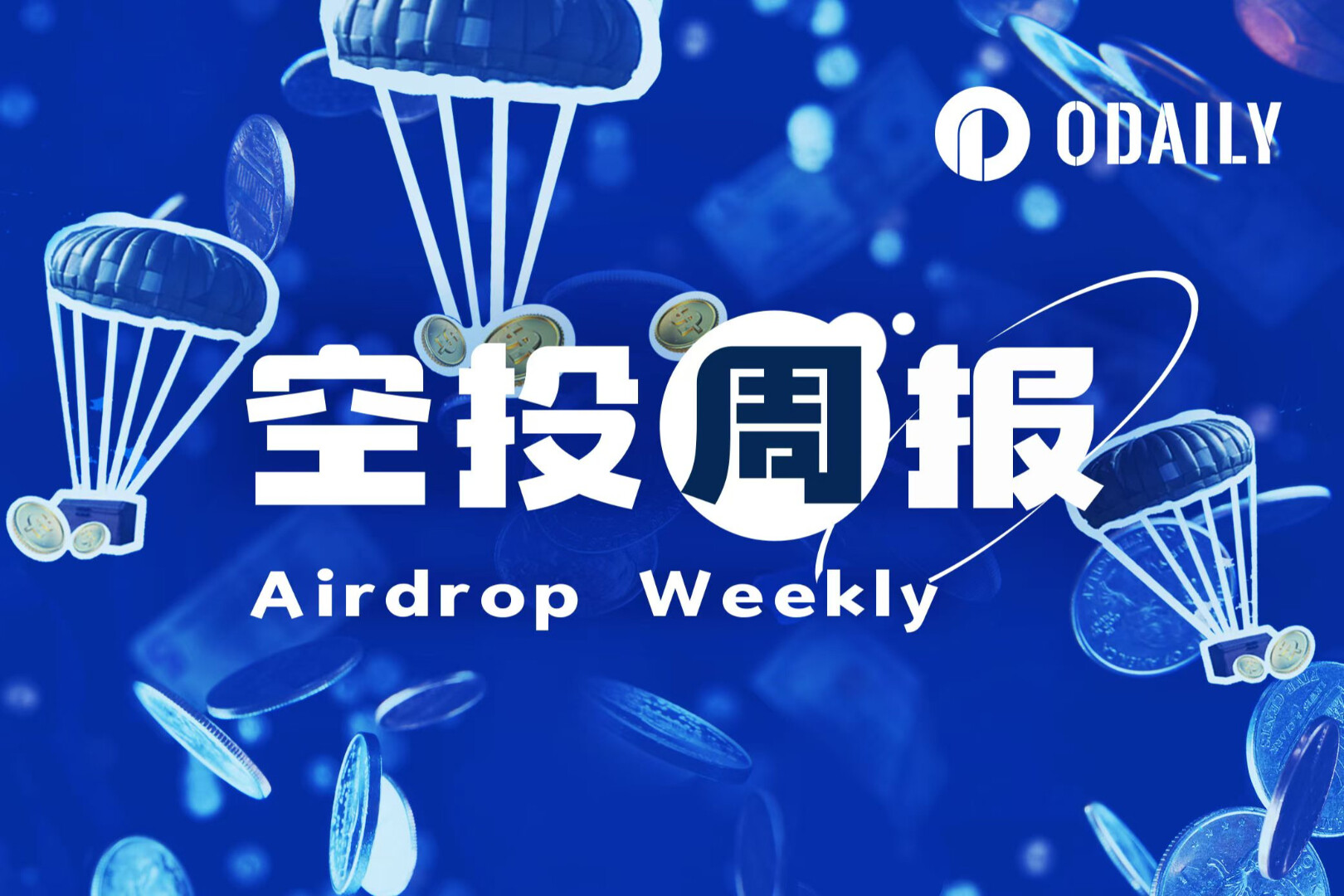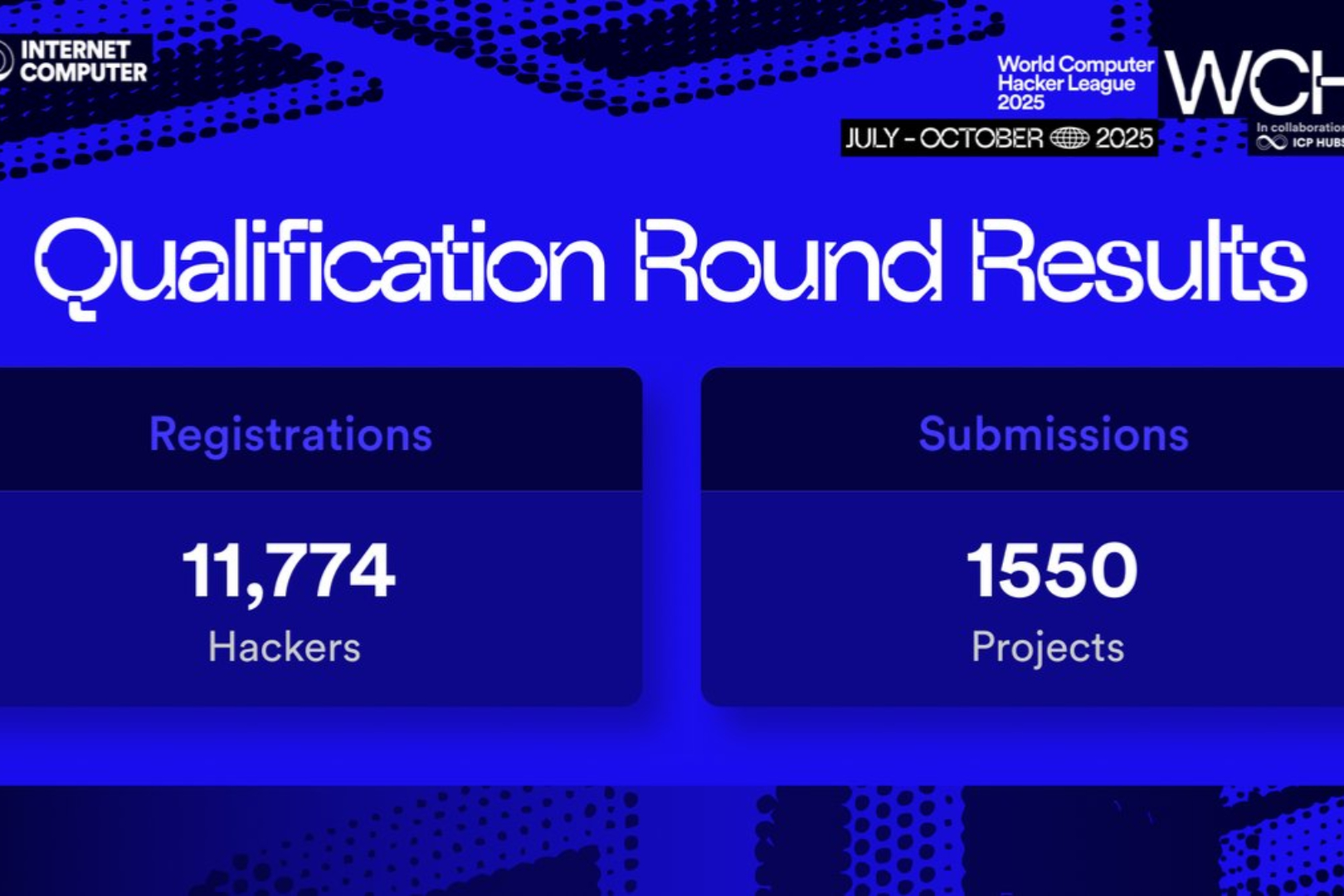Original compilation: TechFlow
Original compilation: TechFlow
Note: DAO has always been a bit of metaphysics, but today’s research report on Flamingo DAO starts from the history of DAO, and explains how the largest DAO use case works? As well as the possible future development trend of DAO and other issues. Compiled by TechFlow Friends, a deep tide TechFlow volunteer community.
Read the synopsis:
This article refreshes some inherent cognitions of translators:
1. It’s not that there are many DAOs with investment attributes, but that investing in things with strong financial and financial attributes is naturally suitable for DAOization (smart contractization), especially in the encryption field.
2. The narrative of DAO may really be underestimated and too abstract. Composability is equally important in DAO. TheLAO's DAO begets DAO, and DAO to DAO is already illustrating the problem.
text
background
What are DAOs?
The concept was first explored in a 2013 article by Ethereum co-founders Daniel Larmier and Vitalik Buterin. Its premise is that corporations organize human activities under a contractually established set of rules and goals. To clarify and enforce contracts, companies have traditionally employed hierarchical management structures.
"DAO" replaces this hierarchical management structure with software, with"smart contract"Operations, goals, rules, and transaction records are encoded in the blockchain, eliminating the need for a centralized authority to participate. In theory, DAO has the following advantages:
Automated execution through smart contracts can reduce costs.
This model ensures that transactions are completely transparent and stakeholders have more trust in each other.
secondary title
The Story of the First DAO
In May 2016, some members of the Ethereum team established the first DAO to operate for venture capital in the blockchain and crypto space.
The DAO, which raised funds by issuing tokens in exchange for ETH, was a huge success, raising nearly $150 million in total.
But thanks to a now well-known technical flaw, one or a few hackers stole nearly $70 million from The DAO. Later, Ethereum forced the hacker's funds to be sent to an account that the original owner could use, although this move was controversial.
Additionally, the SEC found that the DAO's tokens were securities and therefore subject to federal securities laws. To protect investors and ensure proper disclosure, any token that is in the interest of a for-profit DAO owner must be traded on a registered exchange, absent an exemption.
first level title
secondary title
TributeLabs (formerly Open Law):
In June 2017, the founding team of Flamingo DAO gathered for the first time to create "OpenLaw - Ricardian Contract System", the purpose is to create contracts that can be understood by humans and machines, and more importantly, can be understood by machines, because it can Contracts are cryptographically signed, verified and stored on the blockchain. Therefore, OpenLaw can serve as a bridge between the traditional legal system and the emerging world of cryptography.
The Ricardian contract system was proposed by Aaron Wright. Aaron Wright is a lawyer by training working on blockchain and related regulations, and he is the author of Blockchain and the Rule of Law.
The OpenLaw team began experimenting with various use cases, such as real-time transmission of taxes. Ultimately they decided that the best application would be to help the nascent DAO ecosystem create a legal structure that complies with US securities laws.
This is important because the first DAO, established in May 2016, clearly failed. It failed not only because of the nearly $70 million initial damage caused by that famous hack, but also because of the SEC ruling that the first DAO and its investors violated SEC laws. Consequently, later DAOs operating under the same model will operate under extremely uncertain regulation.
secondary title
LAO
In order to better understand the precise product that the DAO needs, they began to "eat their own dog food" (use as much software as possible) when creating the DAO. The first significant organization of its kind was the LAO.
LAO, short for "Limited Liability Autonomous Organization," was established in April 2020 as a limited liability entity (in compliance with securities laws). People can buy "LAO Units" with ETH and become one of them. Pooled funds will be used to invest in blockchain-related projects in exchange for tokenized shares or utility tokens. All management and execution (e.g. voting, funding, transfer of funds, etc.) takes place through smart contracts, and the project raised $5 million in funding.
The second project LAO invested in on the Superrare platform is a market for digital art and non-fungible tokens (NFTs) as it is now known. Soon, members began to discuss whether LAO should only invest in the project, platform or infrastructure level of the NFT space, or should it also purchase individual artworks? They decided to do both and launched a new investment vehicle dedicated to the NFT market called Flamingo DAO.
secondary title
1.FlamingoDAO
2.Neptune(DAOՁDeFi)
3.Neon(DAOՁMetaverse).
4.RedDAO(digital fashion)
5.ReadyPlayerDAO(gaming)
4.MuseoՁNFT-(native museum,art collection)
FlamingoDAO
FlamingoDAO was established in October 2020, funded through the sale of "FlamingoUnits". Given a similar structure to LAO, FlamingoDAO raised approximately 6,000 ETH, (equivalent to $6 million at the time).
secondary title
key figures:
Aaron Wright is a lawyer, academic, and technology entrepreneur who sold his company to Wikia in 2007. He played a small role in the creation of Ethereum. His research on how blockchain and law intersect culminated in a book documenting the original intentions that led to the founding of Open Law.
membership
mechanism
membership
Due to rules, membership in Flamingo is limited to US-accredited investors capped at 100.
Initially, members purchase 100,000 "Flamingo Units" for 60 ETH, representing 1% of voting rights and proportional rights. The maximum share a member can own is 9%. Importantly, this is not a token and cannot be traded or transferred unless the majority of members agree otherwise.
Existing members may decide when or whether to open new memberships for a limited time. Aaron said in "This week in startups" that the current cost of new members is 3,000ETH. New members join by sharing the shares of existing shareholders. In traditional investment companies, new members can only benefit from future investments, while new members of Flamingo DAO can benefit from all investments in the entire operating cycle of Flamingo.
secondary title
investment process
The firm holds biweekly calls to discuss potential new investments and trends.
In order to protect privacy and prevent pre-running, members regularly conduct Moloch-style votes to discuss whether they should transfer a portion of Flamingo assets (about 20%) to purchase new assets.
Existing members nominate projects or make NFT funding through a portal called "The dApp". After nomination, members will vote on whether to support the proposal.
At present, members use two methods to carry out asset flow activities: allocate funds to members in proportion, or create tradable tokens representing income interest.
secondary title
voting system
Blockchain-based smart contracts facilitate voting, and voting results are recorded on the Ethereum blockchain.
Voting rights are distributed proportionally. Decision-making is based on consensus and there is no quorum requirement, that is, members do not need to vote, and the results of evaluating proposals exclude a minimum number of votes.
For specific issues, voting rights can be delegated to other members, and authorized voting will not affect the benefits of members.
secondary title
Rage Quitting
Members can choose to withdraw their funds at any time, and they can withdraw from Flamingo at any time they want - a process called "rage quitting" that ensures members feel safe joining the DAO and can vote with peace of mind.
After voting on each proposal, members can choose "rage quitting" if they disagree with the outcome. Exiting members will receive a share of the unallocated capital, and they are also entitled to receive income from investments made by the Flamingo DAO before members withdraw their capital, to the extent permitted by law or investment terms. How and when those proceeds would be transferred to members who quit was not clear in the document.
secondary title
Miscellaneous:
first level title
Activity
Activity
1. Purchase NFTs and, where relevant, convert them into refined works, including the famous Alien CryptoPunk for $750,000.
2. Invest in core NFT infrastructure and projects. According to crunchbase data, Flamingo DAO has invested in at least 10 such projects: for example, it participated in OpenSea’s $23 million financing and Nameless’ $15 million financing (nameless is an API software developer for issuing, testing and selling NFTs ).
3. Commission artists such as Joy and Hackato to create new works and launch new NFTs.
4. Invest in digital artists through their respective communities or community tokens.
5. Organize the obtained works, create digital museums and display galleries.
6. Find ways to grow and further monetize existing assets. For example, after acquiring the rights to Alien CryptoPunk, they created a social media account, gave it a personality, turned it into a 3D being, created zoom skin for it, and made it manifest in the Metaverse, even Started a DAO with it.
combination
combination
FlamingoDAO started with $6 million in eth. Over time, they have acquired 1300+ NFTs, including hundreds of cryptopunks (Flamingo DAO is the third largest holder of CryptoPunks), five rare auto-glyphs, NFTs of digital artists and shares of OpenSea .
secondary title
economy
1. Source of income:
1) Sales of digital assets and investments: including previously acquired assets and new NFTs released in collaboration with artists.
2) Sell tokens to new members.
Flamingo currently has about 70 members, and that number could rise to a hundred under the group's original charter. As noted earlier in the Mechanics section, existing members decide when and whether to open up new members to join and at what price to join. Currently, the price of 100,000 Flamingo Units has risen from 60ETH at launch to 3,000ETH, an increase of 2,000 times in US dollars.
As this is an extremely nascent space, expect more revenue opportunities to emerge, possibly including monetizing digital museum and gallery exhibitions, creating a community or DAO around existing NFTs, and more.
2. Cost structure
1) Fee to service provider OpenLaw (now Tribute Labs) for legal structuring. Administrative and compliance issues, community support, etc. are handled through DAO tools. The initial fee is 2% of the annual capital contribution, which drops to 0.7% after 5 years. (Source - This week in Startups - LAO's subscribed capital, and an explanation of the 2% annual fee).
2) Open Law does not charge carry, and members make their own decisions. Flamingo DAO has no investment rights.
3) In addition to the above fees, service providers will be entitled to 2% of the total proceeds of any NFT acquired by Flamingo DAO. If the service provider divides the ownership interest in NFTs acquired by Flamingo, then it is 2% of the ownership interest in these NFTs.
secondary title
Competitive Advantage
Caveats: The Flamingo DAO and common DAOs have very limited operational history and are in a cryptocurrency bull market, so it may be too early to draw conclusions.
1. Although the carrier of the competition is not yet clear, Flamingo DAO may compete with other DAOs for investment opportunities on the one hand, and compete with venture capital companies and traditional investors on the other. Ability to Identify New Deals and Opportunities: In a highly dynamic, fragmented industry with individuals involved spread across the globe, scouting the terrain and identifying deals is far more challenging than in a centralized world, such as investing in Silicon Valley startups.
1) Comparison between FlamingoDAO and VC.
FlamingoDAO has "collective intelligence" and a flat organizational structure. In this structure, there is a network of 70 digital asset experts from different backgrounds. Compared with traditional investment institutions, it is more suitable for identifying opportunities in a rapidly developing ecosystem.
2) FlamingoDAO compared to other DAOs.
a. Flamingo has a high-quality member base with long-term exposure to the blockchain and NFT ecosystem, which makes it different from most DAOs. Although competitors such as Pleasr DAO also curate a high-quality member base. This is further enhanced by a network of high-quality curators who assist Flamingo in identifying trends and emerging opportunities, but without making any buying decisions.
b. Unlike many competitors, FlamingoDAO is a relatively tight cavalry regiment of more than 70 people, and the participation rate may be higher. Aaron Wright (in this podcast) cites "60%" as the average participation rate for all DAOs in the LAO network. However, this figure is much smaller than some peers (such as Fingerprints DAO has 250 members), which may be better at spotting long-tail projects. Of course, time will tell us more about possible trade-offs between DAO size and member participation rates, and how governance can offset each other.
c. Goodwill, reputation and community: The nascent NFT and cryptocurrency industry is highly idealistic and driven by purpose, and a good reputation and community will lead to the generation of valuable transaction flows.
3) Comparison with VC.
This is another area where DAOs may have an advantage over their traditional investor counterparts with the comprehensive network of all members and the ethos that matches the ecosystem.
4) Compared with other DAOs.
Flamingo is the most prominent, earliest and largest DAO. Known as the Medici of NFTs, it is the only DAO on Fortune's list of the 50 most influential people in NFTs.
2. Speed and flexibility
1) The structure of DAO is optimized for speed and flexibility. Recently, LAO launched a new DAO called Neptune DAO, which took 40 minutes to complete a $20 million transaction, while it took 3 to 6 months for VCs.
2) VCs are limited in the range of activities they can do, whereas DAOs can increase the value of their stake in interesting ways and find additional ways to monetize. For example, DAOs could launch new DAOs for their most popular NFTs, monetize their assets in digital museums, etc.
3. Compliant Outerwear:
FlamingoDAO is guided by members, who have the right to vote and invest, minimizing any delegation and proxy conflicts.
4. First principles:
first level title
secondary title
Situation outside the industry
1. NFTs is an emerging industry that has achieved significant growth in market value over the past year, reaching $10.7 billion in the third quarter of 2021.
2. The public has gradually become more interested in NFTs - celebrities, investors, individuals and other DAOs (Democratic Autonomous Organizations) are gathering to bid for new works of art and projects. Some prominent "collectors" and holders of stakes in DAOs (including Pleasr DAO and Fingerprints DAO) are also among them. In addition, members in DAOs often collectively purchase a single NFT, such as Constitution DAO, where some of their purchases can be used forever.
secondary title
Status in the industry
1. Flamingo is the oldest and largest use case for NFTs, and even so, it has only been around for a little over a year, indicating that the industry is still nascent.
2. Threats faced:
1) NFT market crash:
Even optimistic investors/collectors have to admit that NFTs may be in the throes of a speculative frenzy right now - many of which will become worthless.
2) Ethereum price crashes:
All of Flamingo's reserve assets are kept in Ethereum, and a drop in the price of ETH may limit the resource conditions they would otherwise have access to.
3) DAO's innovations in establishment and governance:
a. In order to comply with regulatory requirements, Flamingo DAO only requires accredited members in the United States, and the maximum number of personnel is limited to 99. This may not help it compete with other global teams with a wider membership (although there may be a Dunbar limit for optimal investment in DAOs).
b. DAO is exclusive due to the high entry price and limited number of members, which is disadvantageous when exploring the investment market with long-tail characteristics.
c. Flamingo DAO powers its backend through service provider OpenLaw, which is jointly run by Flamingo DAO members Aaron and PriyaDesai. Based on the rapid evolution of the market that may lead to better tools, and considering the economic benefits of Open Law, the Flamingo DAO may theoretically be reluctant to deploy to new tools.
4) High-level players enter:
source:
source:
•Website: Flamingo DAO LAO
•Launch Announcements: Flamingo DAO LAO
•Twitter: Flamingo DAO LAO
•Flamingo DAO's NFT Gallery
•Modern Finance episode featuring FlamingoDAO founders
• 'This Week in Startups’ episode featuringAaron Wright
